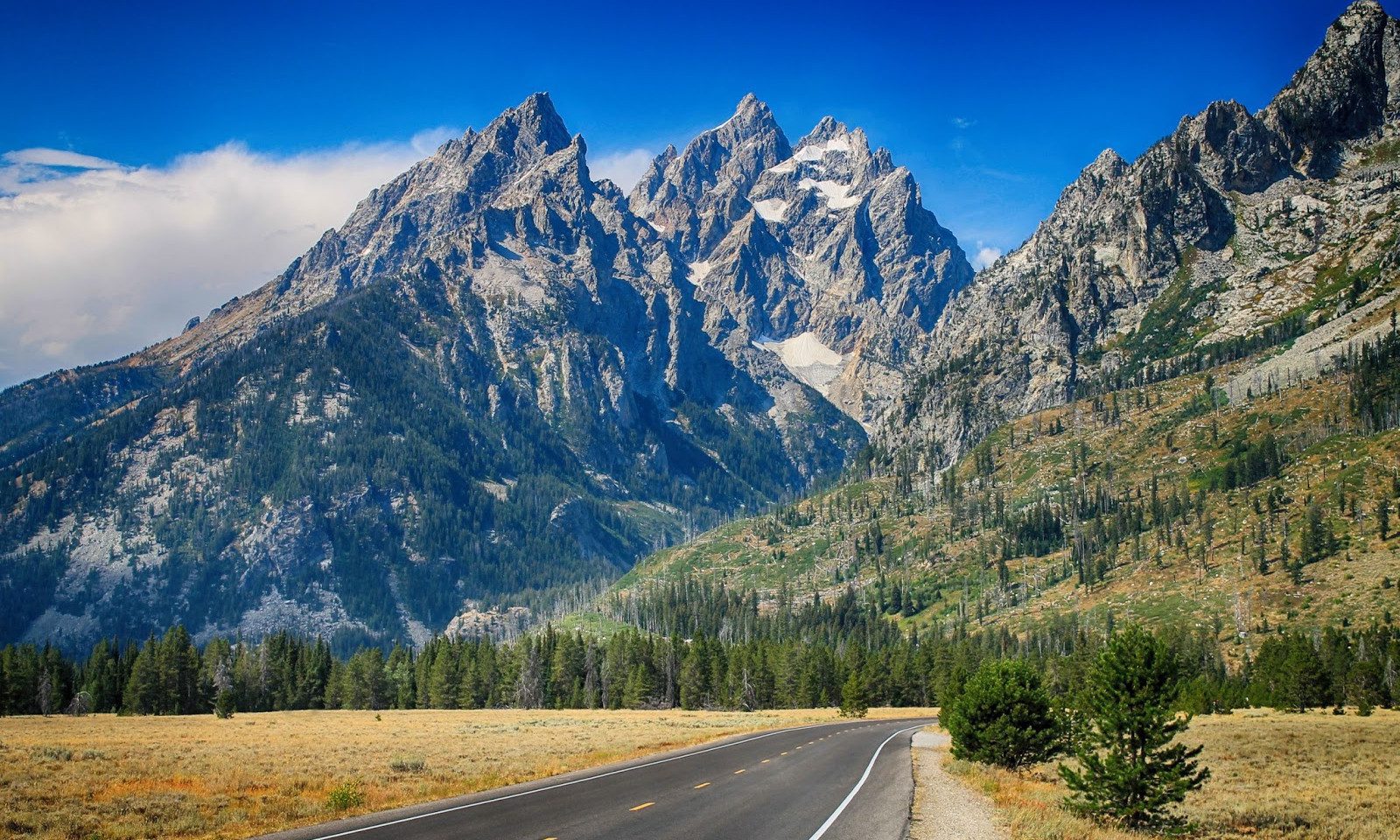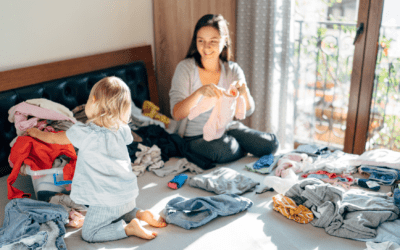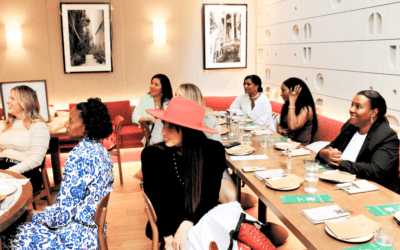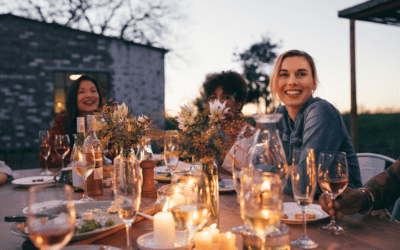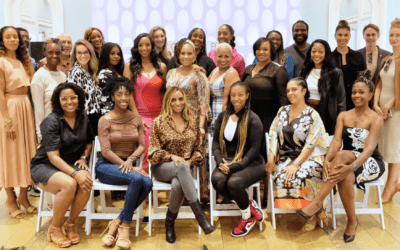JOHNSON COUNTY, Wyo. – Sarah is a waitress and single mom. She makes $3 per hour and lives on tips, so she smiles as she walks through the restaurant, especially at the men, who seem to expect it most. Her hair is long and curly; her clothes are tight. A lip ring and several tattoos hint at the 23-year-old’s youth. Its not the look of a typical mother in cowboy country – especially one trying to raise her young son to be a good man, according to a story that appeared in the Washington Post last week.
She introduces herself by her first name to those around her.
But at home, after she puts her 5-year-old son to sleep, she sometimes starts to cry. She cries because the man she was building a life with betrayed her and abused her. Because she should have left him but she stayed. Because of all that happened next.
Her home is a 10-acre ranch in Wyoming owned by her grandmother that has become Sarah’s makeshift safe house. It is March, and winter has turned to spring since they came back home from out of state.
But she does not have a plan. She does not have any money and out in the heart of cowboy country, she barely has any cell reception.
But she has her precious and precocious son who is the center of her world as he astounds her with his wit and intelligence.
He might be able to change the world, she says, if she can figure out how to raise him the right way. But she is also overwhelmed by the thought that her sweet boy could one day become a bad guy, like so many of those who have hurt her. Like the one they just escaped. She is worried about what he has already learned, or mis-learned, about what it means to be a “real man.” About all the ways she has already let him down.
“Men just take and take and take and take. That’s what they are taught,” she says.
Sarah hopes to raise her son to be a gentle and vulnerable man. (Jabin Botsford/The Washington Post)
When her son was still a toddler, Sarah began to read about “toxic masculinity,” a phrase that had become more widespread on the internet amid the #MeToo movement. She started to think about the ways being a female had shaped her own life, about the cruel whims of men she had endured and was expected to endure.
She felt the strict and traditional notions of manhood were not just dangerous, but an outright lie — used to control women and men alike. Nowhere did this seem more relevant than in the back roads of her home state of Wyoming, the cradle of the American cowboy, where she had seen firsthand how violence, exaggerated masculinity and misogyny could reinforce one another.
These concerns went beyond ideology into the realm of public health. Males are overwhelmingly responsible for violence in the United States, according to the most recent crime data published by the FBI. They committed about 80 percent of all reported violent crimes in the country in 2020, including 87 percent of homicides and 96 percent of the rapes. Men themselves are often the targets, making up nearly 80 percent of people murdered in the country and also nearly 80 percent of suicides.
Women, on the other hand, disproportionately suffer from harm within their households. Among female homicide victims, according to past studies, half were killed by an intimate partner, compared with about 1 in 13 male victims. About 90 percent of all victims of rape are female.
The more she thought about the perils of masculinity, and the violence she herself had experienced firsthand, the more Sarah committed to raising her son to be a gentle and vulnerable man, an anti-cowboy even here on the frontier. It felt like an act of defiance. She scoured the internet for free research for “boy moms.” She soon took notes on parenting tips pushed to her phone by social media algorithms.
She realized that perhaps that was how the world would change – one child at a time.
But over the years that followed, Sarah saw her dreams frequently collide with her reality. She saw, again and again, how her trauma could be passed down to her son. She has struggled with how much blame she deserves for that inheritance.
Now, she is back on the family ranch. She feels so much sorrow and guilt for what has happened, for what she has exposed her child to, that she struggles to get out of bed in the morning. She thought about what her grandmother told her, that she “can’t keep swimming upstream forever.”
If she stays at the ranch, as her grandmother has offered, Sarah does not have to worry about the electricity getting cut, about paying rent, about constant hunger pangs. But small-town life in Wyoming means small-town rules. It means raising her boy a certain way, or according to tradition and all the standards of gender that it entails. It means living her life a certain way, too.
To read the full story, click here.

